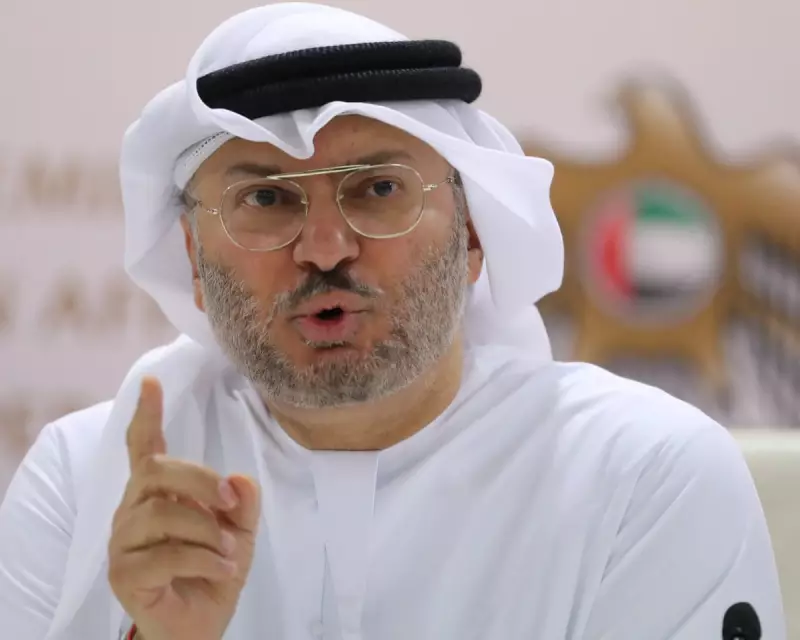
The United Arab Emirates has declared it will not participate in a proposed international stabilisation force for Gaza, dealing a significant blow to US-led efforts to establish security in the territory after Israel's withdrawal.
Growing Regional Opposition
Senior Emirati diplomat Dr Anwar Gargash announced the decision at a conference in Abu Dhabi, stating the UAE cannot join without a clear legal framework for the force's operations. This reflects broader Arab concerns about a US-drafted UN resolution that would authorise an international coalition to disarm Hamas and stabilise Gaza.
The Emirati position aligns with other regional powers expressing reservations. Jordan's King Abdullah has ruled out Jordanian troop participation, while Israel has explicitly excluded Turkey from involvement. Azerbaijan, previously considered as a potential contributor, skipped a planning meeting in Turkey and conditioned its involvement on a full ceasefire being established first.
Legal and Political Complications
Arab states are advocating for greater responsibilities to be given to Palestinian civilian police forces rather than international troops. International law presents another major hurdle, as foreign troops entering occupied Palestinian territory without explicit Palestinian consent could be viewed as coercive under UN law, potentially stabilising what many consider an unlawful Israeli occupation.
Palestinian American co-author of the Palestinian armistice plan, Jamal Nusseibeh, emphasised that any force must work to end the occupation rather than stabilise it, requiring deployment across the entire occupied territory, including the West Bank, at Palestine's request.
The current US draft resolution contains no reference to the West Bank, a Palestinian state, or the two-state solution that Israel opposes, creating significant political obstacles to regional acceptance.
Contentious Mandate and Governance Concerns
Formal negotiations on the stabilisation force's mandate began at the UN in New York, but are expected to be protracted, risking a security vacuum in Gaza that could strengthen Hamas. The US proposes leading the force despite limited ground troop involvement, having already established control over humanitarian aid delivery through a coordination centre in Israel.
The draft resolution mandates the force to use "all necessary measures" to demilitarise Gaza and prevent rebuilding of military infrastructure, answering to a "board of peace" chaired by Donald Trump rather than the UN Security Council.
Arab states including Qatar worry the mandate is too expansive and could encroach on governance roles intended for Palestinian institutions. The resolution allows a "transitional governance administration" to remain until the Palestinian Authority completes reforms satisfactory to the board of peace.
Separately, Western diplomats have dismissed Israeli proposals to split Gaza in two, insisting this forms no part of the Trump administration's peace plan, even as reconstruction discussions continue.





